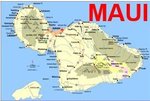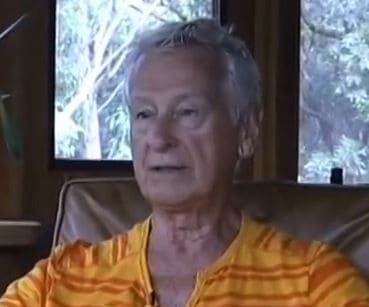Maui mothers are canvassing door-to-door in Maui trying to persuade residents to vote against the cultivation of GM crops because they believe they are not safe. GM (genetically modified) crop companies are funding another group who have displayed ads urging people to vote against what they describe as a “farming ban.”
Makers of genetically engineered seeds fear that Maui’s November 4th ballot may encourage people across the United States to push for a vote.
Maui’s 160,000 residents will decide whether they want the growing of GMOs (genetically modified organisms) to be banned until studies irrefutably demonstrate that they are safe.
If the initiative is passed, companies like Dow AgroSciences and Monsanto Co. would find it much more expensive to develop seeds.
Nearly all US corn crops (90%) are genetically engineered. In Hawaii the percentage is lower.
There is not much compelling scientific evidence around demonstrating that GM seeds are less safe than conventional ones. Concern in Hawaii has been growing, as well as in the rest of the United States. There is also increasing fear about the use of pesticides.
Mark Sheehan says Maui citizens, their children and future generations are being poisoned.
Mark Sheehan, head of the SHAKA Movement that claims to provide unbiased information on GMOs in agriculture, is telling Maui citizens that they must decide whether corporations can come to the island and use it as a chemical experiment where they ship out the profits and the locals have to deal with the pollutants.
SHAKA stands for Sustainable Hawaiian Agriculture for the Keiki (children) and the Aina (land).
“It’s unfortunate that the sensationalized fear of loss of jobs in the Ag sector will end up putting at risk our far larger Tourism Economy. Non-GMO is now the top driving factor in brand choice for health conscious consumers. As vacationers worldwide continue the current and growing trend to avoid GMO’s and pesticide exposure, will Maui’s reputation as a center of holistic lifestyles and healthy vacationing suffer?”
“SHAKA is looking forward to helping find and create alternative jobs for bio-tech workers who may want to transfer to healthier alternatives such as ecotourism and small farm sustainable agriculture. State and federal programs are available for this already. If we raise enough funds we plan to acquiring land and set up schools for Natural Hawaiian Farming and work to bring Maui County back as a premier example of local food security and sustainability.”
Dow AgroSciences has one farm in Molokai island and Monsanto has farms in Molokai and Maui.
At the traditionally quiet Maui Fair earlier this month activists from both sides taunted each other and squabbled.
Apart from volunteers in Mr. Sheehan’s group, about thirty volunteer mothers have been visiting voters’ homes in Kihei, a beach resort town. Mr. Sheehan estimates they are knocking on about 600 doors each day.


